It’s a privilege to have Jen Hoey of Not My Kid here to talk with us about protecting children online. This is an appropriate topic as we head into the holiday season. If you are contemplating purchasing a device for your child for Christmas, pay special attention to Jen’s suggestions and read to the end for my recommendations on a first phone and filters.
“I did not for a moment think something like this could ever happen to my child. But it did, despite my vigilance.” This is the opening paragraph of the book I wrote about my daughter’s experience with an online predator. This event changed the trajectory of my life and was the catalyst for me getting involved in the prevention of online child exploitation by empowering parents through education as a Cyber Safety Parent Consultant.
The issue of online safety raises many responses from parents, but the most frequent I hear is “not my kid” or “my child will be left out.”
‘Not My Kid’
The internet is not age-segregated, and no child is immune to the dangers online. These risks have drastically increased, yet children have access to devices at an increasingly young age. Coupled with the immaturity of a child’s developing brain, it is unsurprising that we are seeing an escalation in issues stemming from exposure online.
One such risk is exposure to pornography. It is sadly no longer a question of if your child is exposed but rather when. For many children, their innate curiosity about sex frequently leads them to the online world to find answers to their questions. What they find is not what we can define as sex, but violent pornography. Furthermore, finding or stumbling upon pornography inevitably desensitises the child. Initial shock or confusion can lead to further curiosity, exposing them to a world of degrading material. This plays a role in assisting predators in grooming a child — a child desensitised to pornography is far easier to coerce.
This desensitisation may lead to children producing and sharing self-generated child sex abuse material (SG-CSAM). The Internet Watch Foundation, reported that in 2020 nearly half of the imagery they took action on consisted of self-generated contact — 80% being girls between the ages of 11 and 13. Thorn reported similar findings in their report of 2020, stating that 20% of girls aged between 13 and 17 admitted to creating and sharing SG-CSAM. An alarming statistic stated that 40% of children surveyed felt ‘it’s normal for people my age to share nudes with each other.’
The issue of online child exploitation.
In 2020, the Internet Watch Foundation assessed a webpage every two minutes and every three minutes, that webpage showed a child being sexually abused. In 2021, The National Centre for Missing and Exploited Children’s CyberTipline received 29.3 million reports of suspected child sexual exploitation, an increase of 35% from the previous year.
Predators use various tactics to groom children online.
- They target them via online video games or social media and lure them to a direct messaging platform where the conversation becomes increasingly sexualised.
- The predator may send the child explicit photos or videos intending to desensitise them and encourage them to share explicit photos or videos of themselves.
What can you do?
Besides believing “not my kid,” parents frequently feel helpless on how to educate their children on the harms of porn.
- Start with sex education before they start primary school.
- Introduce the subject of porn in an age-appropriate way by the age of 7. You can do this by differentiating between private and public pictures.
- Reiterate that no one may take private pictures of them or show them private pictures.
- Finally, remember these conversations are not one off, but rather, continuous. Keep them short and stop the moment you feel you have lost your child’s attention.
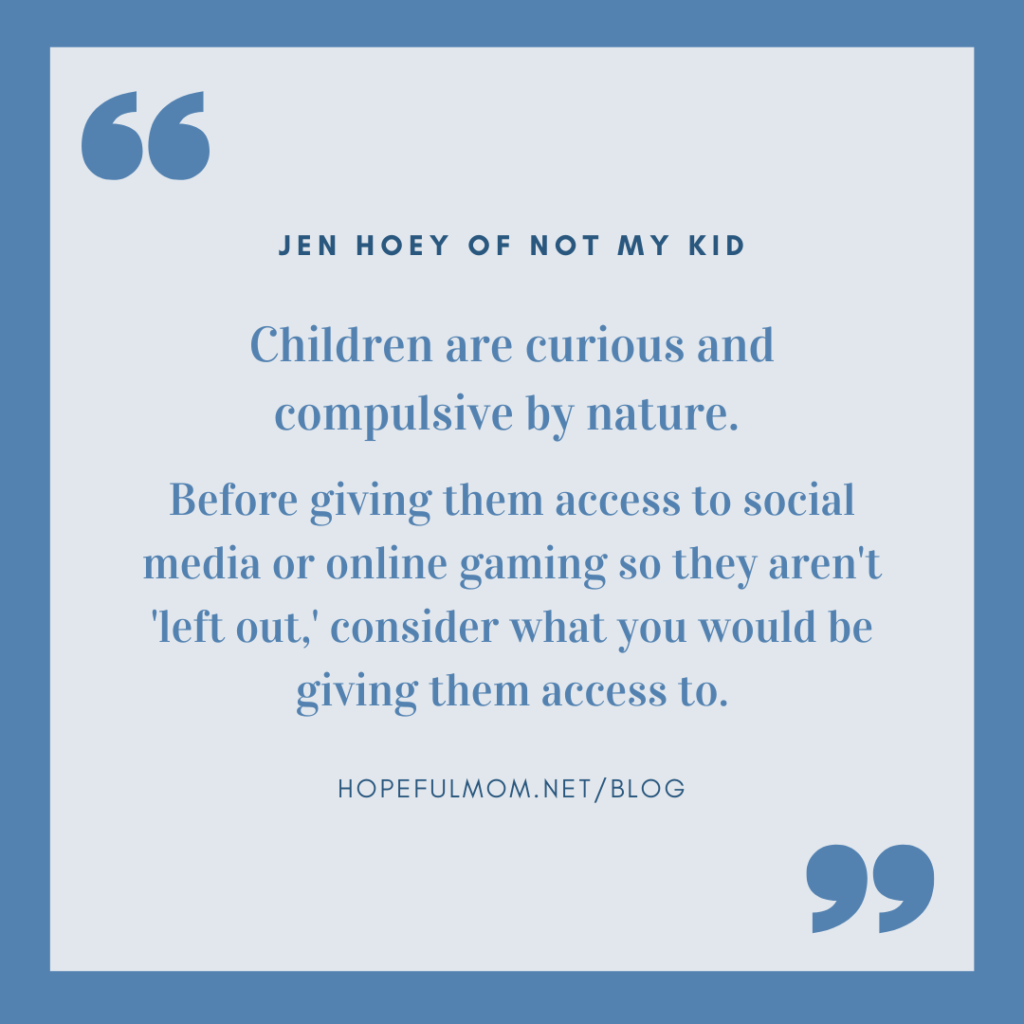
‘My Child will be left out’
Before giving your kid social media or online gaming so they are not ‘left out,’ consider what you will give them access to.
- Social media can expose them to an endless amount of content you may not wish them to be exposed to, and it will not prevent bullying or being ‘left out.’
- Remind them that true friends will communicate with them regardless of whether they have the app. Simply handing them social media because we fear they may not be included does not teach them that true friends will contact them and that those who choose not to are not good friends. Teaching children the value of true friendship is essential.
- Once something is seen, it cannot be unseen.
- And if you have allowed your child an app or a game and feel this may have been a mistake, you are in your right to let them know you have changed your mind. It is best, however, to let them know your concerns.
How can you protect your children online so it really is “not my kid”?
Jen Hoey of Not My Kid says, "When protecting your children online, start with body safety education." She offers nine other suggestions on the latest post at Hopeful Mom: Not My Kid – Online Safety #onlinesafety #hopefulmom… Click To Tweet- Start with body safety education.
- Teach children correct names for body parts — this eliminates feelings of shame and has been shown to be a deterrent for predators.
- Establish a safety team with your child — ask them to choose five adults they feel comfortable approaching if an issue arises. Children should feel confident these adults will believe them should they need to make a disclosure.
- Talk to them about their early warning signs — physical signs they can identify when they feel worried, unsafe, or frightened. Remind them it’s the role of an adult to establish if the situation is safe, and they should tell a safe adult if they feel their early warning signs.
- Explain the difference between safe and unsafe secrets — unsafe secrets have no end, whereas safe secrets are more like a surprise. Remember the word ‘secret’ may not come up at all. If someone (a child or an adult) tells them to keep something private, this is when they need to approach a safe adult. Instead of using the word ‘stranger’, use the word ‘tricky.’ This can help children identify unsafe behaviour. Predators in both the physical and online world are not always strangers.
- Never allow your child on an internet connected device in their bedroom or bathroom.
- Ensure any device your child has access to has filtering restrictions. Social media platforms, including YouTube, do not have robust filtering, and it’s nearly impossible to filter content your child will view on social media or online games.
- Your child should never interact with anyone online they have not met in person. This includes friends of friends. Predators are cunning – they immerse themselves in a child’s world and children can easily be duped.
- Children are curious and impulsive by nature. No matter how ‘mature’ you feel your child is, it is not possible to rapidly speed up their brain development, so your best defence is to delay access to online gaming or social media for as long as possible.
- Many parents are afraid of the reaction from their kid if they say ‘no.’ Part of a child’s development includes learning to experience negative emotions. Children feel secure with boundaries and yet will naturally push against them.
- Before agreeing to an app, it is helpful to understand that the 13+ age rating has nothing to do with the safety of an app but is directly related to data laws.
- Come up with a code word. Remind your child that you know they may make an impulsive decision and they can come to you, and if need be, use the code word, if they are worried about your reaction.
- Open, honest, and continuous conversations with your child are essential; however, it is important to remember most children do not want to ‘disappoint’ their parent. Disclosures frequently accompany feelings of shame.
- Prevention and protection are, therefore, the best first line of defence for parents.
By delaying access to social media and gaming, not only are we allowing time for brain development, but we are protecting children from potential exposure – not my kid! – they are simply too young to process.
I also recommend Gryphon for a Wi-Fi router that is also a filter. ~ Barb
Remember to spread the word about Hopeful Mom by re-posting on your social media accounts. Subscribe below for updates on posts and my upcoming book, Sexpectations: Helping the Next Generation Navigate Healthy Relationships.
References:
Australian Centre to Counter Child Exploitation Research Report 2020, ACCCE, available at: https://www.accce.gov.au/resources/research-and-statistics/understanding-community-research
Cybertipline Data 2021, National Center for Missing & Exploited Children, available at: https://www.missingkids.org/gethelpnow/cybertipline/cybertiplinedata
Face the facts: Internet watch foundation annual report 2020, IWF, available at: https://www.iwf.org.uk/about-us/who-we-are/annual-report-2020/
Self-Generated Child Sexual Abuse Material: Attitudes and Experiences, 2020, Thorn, available at: https://f.hubspotusercontent00.net/hubfs/7145355/Research/08112020_SG-CSAM_AttitudesExperiences-Report_2019.pdf
Badenhorst, M 2008, ‘The grooming process in child pornography: a social work case study’, Faculty of Health Sciences, School for Psycho-Social Behavioural Science, North-West University Potchefstroom Campus [Preprint]. Available at: https://doi.org/https://citeseerx.ist.psu.edu/viewdoc/download?doi=10.1.1.890.6334&rep=rep1&type=pdf
About the author

Jen Hoey
Jen Hoey is Founder of ‘Not My Kid’ and is a Parent Cyber Safety.
Jen specialises in working with parents to educate and empower them to both prevent their children from experiencing a negative event online and with those families who have already experienced trauma resulting from an incident via the online world.
As a manager of a psychiatric practice, a parent with experience dealing with an online predator event in her own home, a researcher in the field of child cyber safety and further advancing her education through a degree in Criminology and Criminal Justice, she has supported many parents.
Jen’s passion and primary focus is fighting the epidemic of child exploitation online.

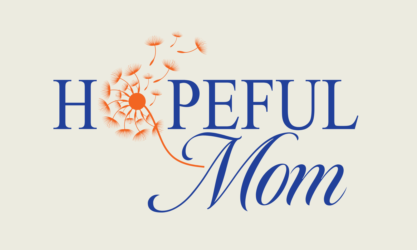
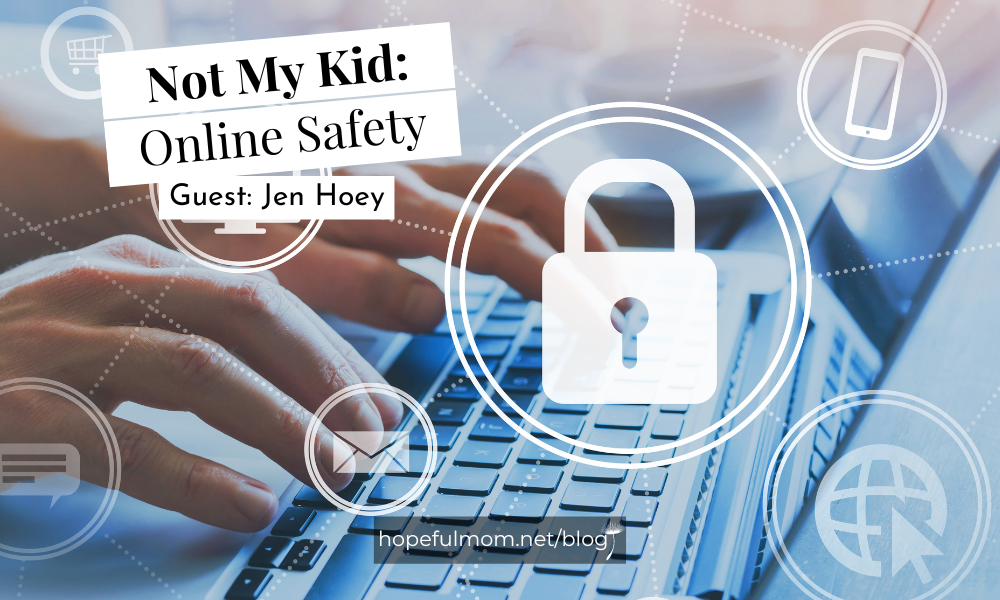
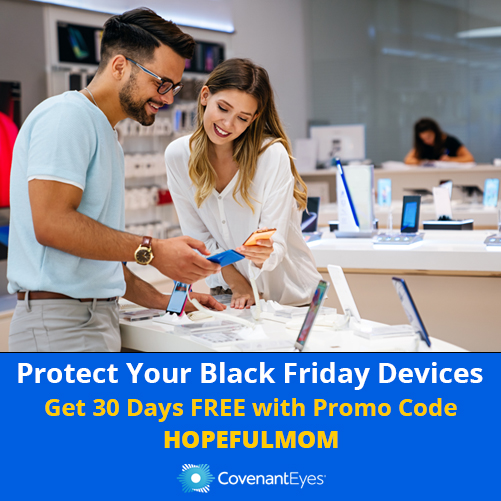
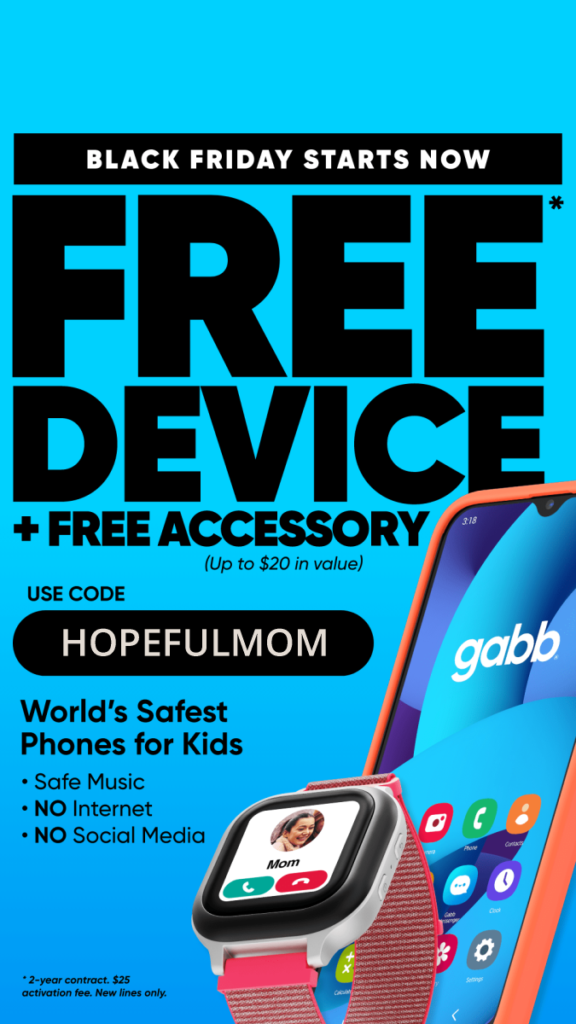
One Reply to “Not My Kid – Online Safety”